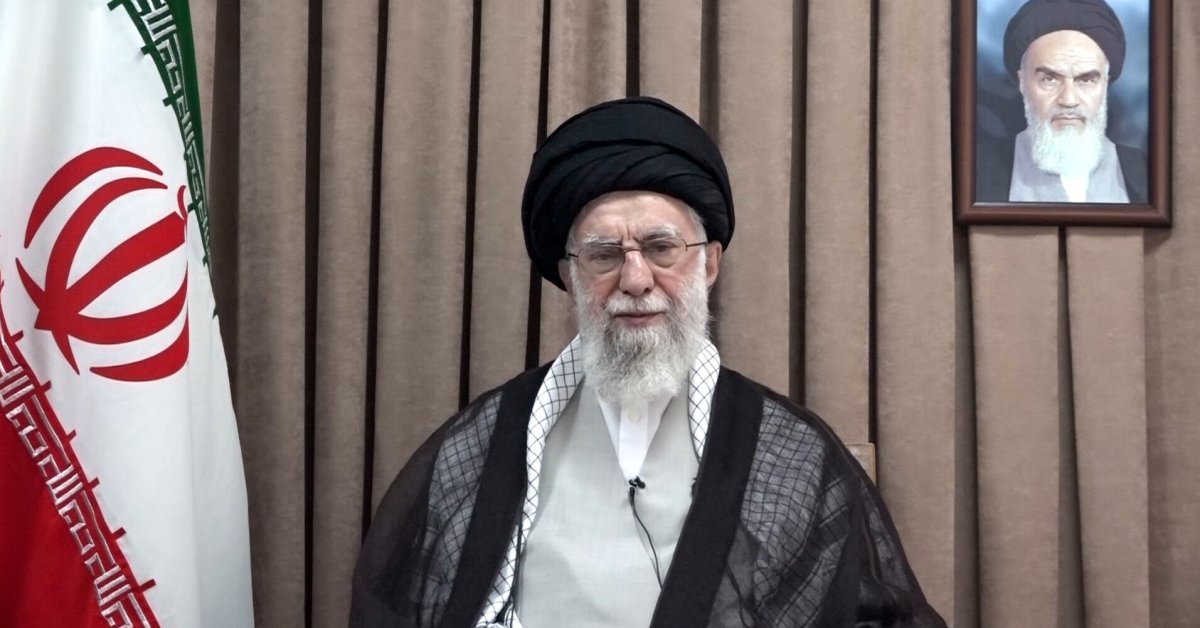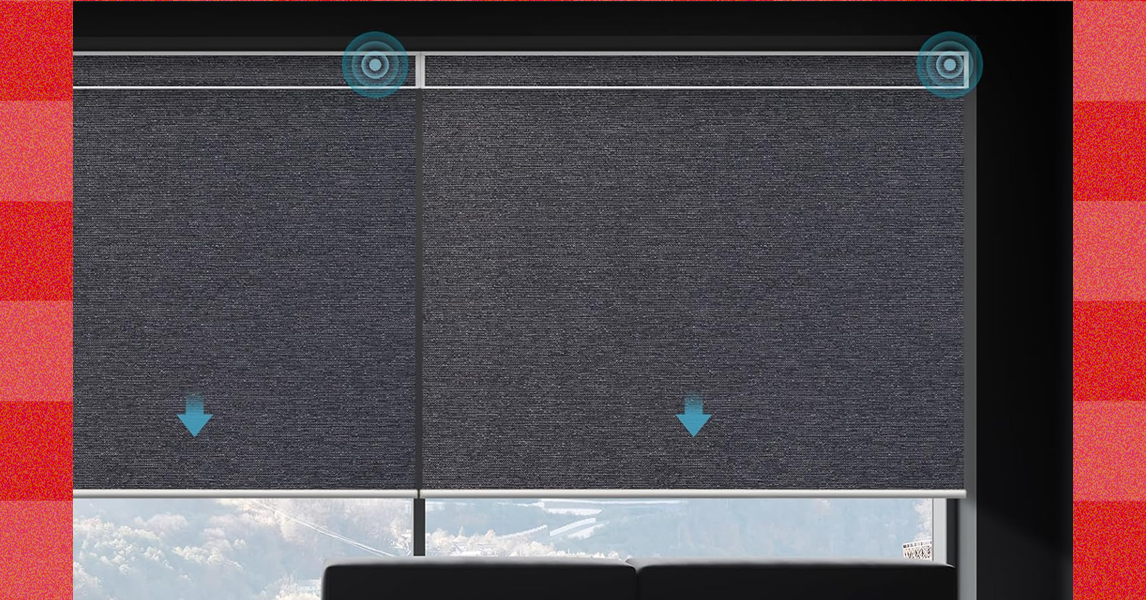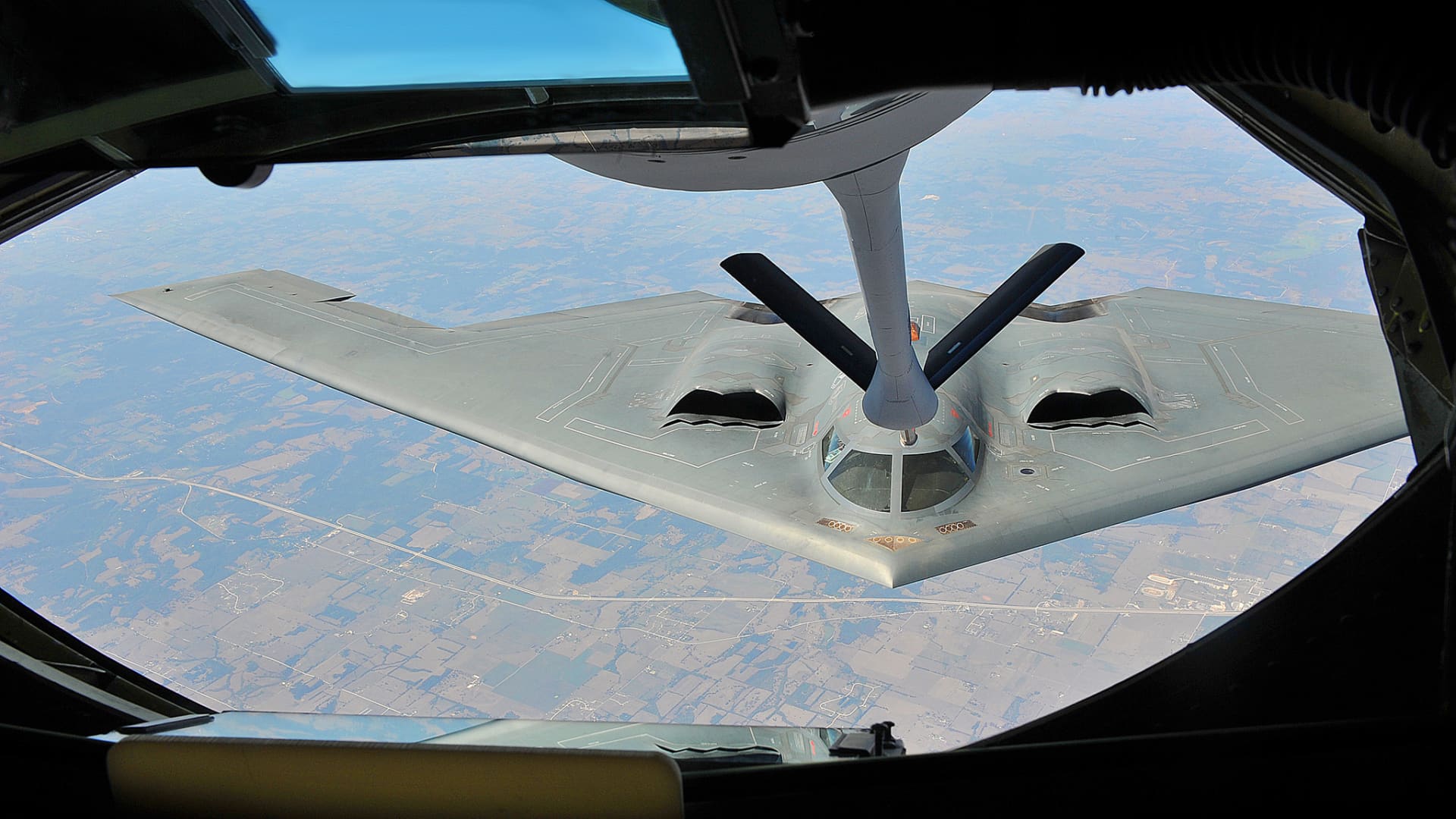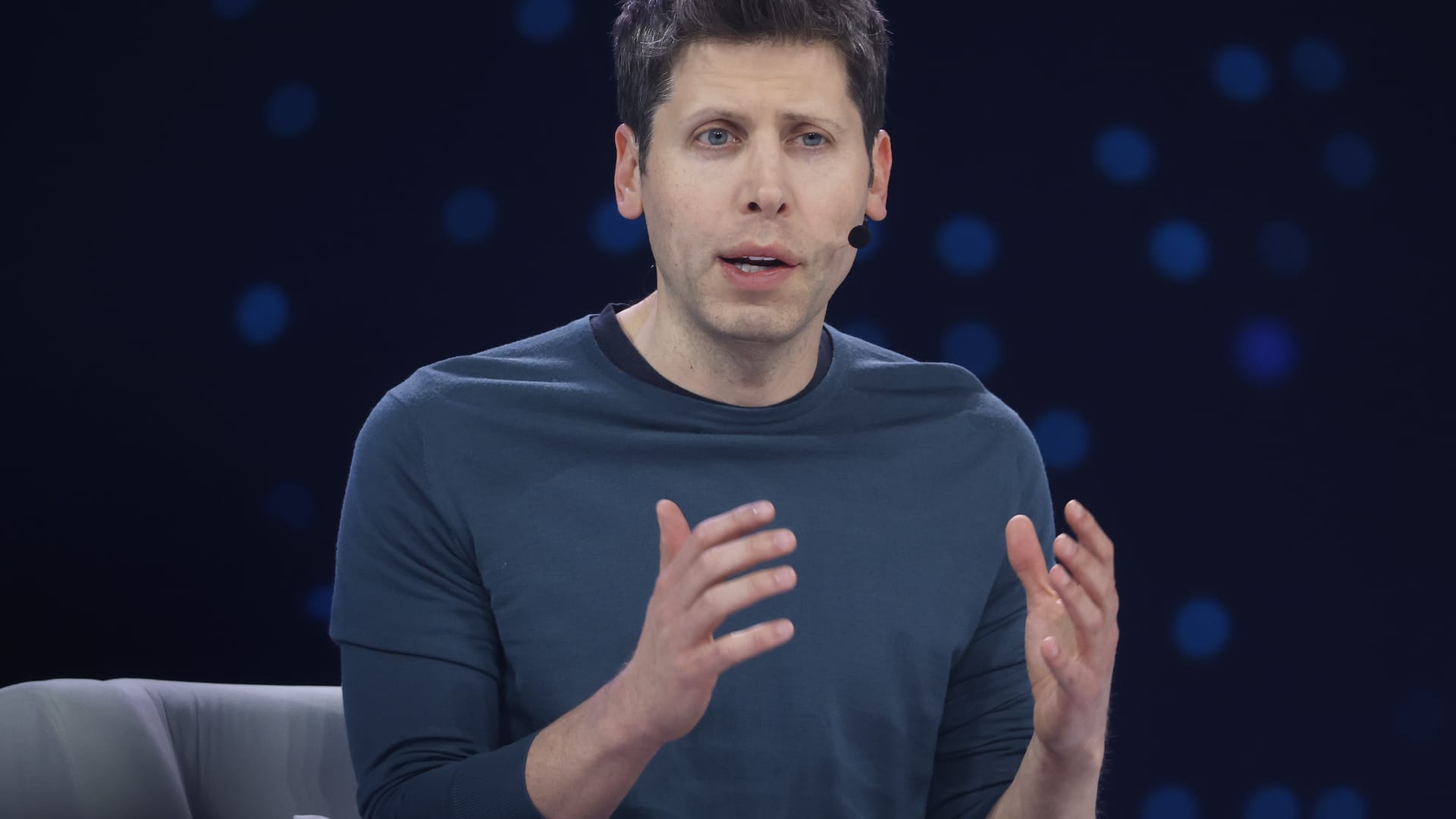OpenAI CEO Sam Altman speaks during the Snowflake Summit in San Francisco on June 2, 2025.
Justin Sullivan | Getty Images News | Getty Images
Meta Platforms tried to poach OpenAI employees by offering signing bonuses as high as $100 million, with even larger annual compensation packages, OpenAI chief executive Sam Altman said.
While Meta had sought to hire “a lot of people” from OpenAI, “so far none of our best people have decided to take them up on that,” Altman said, speaking on the “Uncapped” podcast, which is hosted by his brother.
“I’ve heard that Meta thinks of us as their biggest competitor,” he said. “Their current AI efforts have not worked as well as they have hoped and I respect being aggressive and continuing to try new things.”
Meta did not immediately respond to a request for comment from CNBC.
The Meta CEO is personally trying to assemble a top artificial intelligence team for its “superintelligence” AI lab and has invested heavily in AI through its Meta AI research division, which also oversees its Llama series of open-source large language models.
The moves come after Meta had once again delayed the release of its latest flagship AI model due to concerns about its capabilities, according to a report from the Wall Street Journal.
Meanwhile, sources have previously told CNBC that Zuckerberg has become so frustrated with Meta’s standing in AI that he’s willing to invest billions in top talent.
Last week Alexandr Wang, founder of Scale AI, announced he was leaving for Meta as part of a deal that saw the Facebook parent dish out $14.3 billion for a 49% stake in the AI startup. Wang added that a small number of Scale AI employees would also join Meta as part of the agreement.

The Times had previously reported that Wang would head a research lab pursuing “superintelligence,” an AI system that surpasses human intelligence.
The company has also recently poached other top talent, including Jack Rae, a principal researcher at Google’s AI research laboratory DeepMind, according to a report from Bloomberg. The report added that Zuckerberg had been directly involved with the recruitment efforts.
Speaking on the podcast, which was released on Tuesday, Altman said that Meta’s strategy of offering a large, upfront, guaranteed compensation would detract from the actual work and not set up a winning culture.
“I think that there’s a lot of people, and Meta will be a new one, that are saying ‘we’re just going to try to copy OpenAI,'” he added. “That basically never works. You’re always going to where your competitor was, and you don’t build up a culture of learning what it’s like to innovate.”
However, spending big on startups and their talent is nothing new to the AI space. Former Apple chief design officer Jony Ive joined OpenAI after the company acquired Ive’s AI devices startup io through a $6.4 billion all-equity deal last month.
Some tech analysts have also pushed back against the notion that Meta has been missing the mark on AI.
“They basically built the rails for open source AI development, and so much of what is happening in AI is being built on Meta,” Daniel Newman, CEO at Futurum Group, told CNBC’s “Power Lunch” last week.
Open-source generally refers to software in which the source code is made freely available on the web for possible modification and redistribution. Llama’s open-source characteristics have allowed many third-party applications to be built on top of it.
Newman added that Meta’s massive investments, such as in ScaleAI, will continue to push it forward in training its behemoth models.










